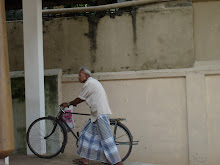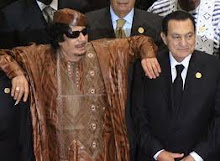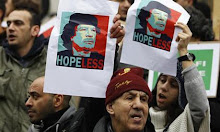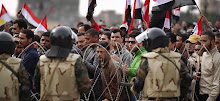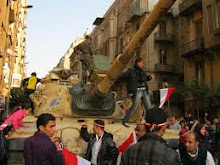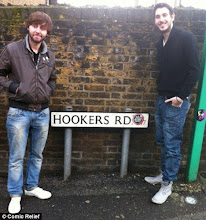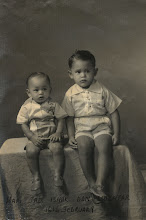The company, which is no stranger to controversy over its advertising campaigns, said it was "sorry that the use of the image had so hurt the sensibilities of the faithful".
The statement came shortly after the Vatican expressed "the firmest protest for this absolutely unacceptable use of the image of the Holy Father".
 |
| The Vatican says it is taking legal action to prevent the publication of a photo montage showing the pope kissing a leading imam as part of a Benetton advertising campaign. |
It launched Wednesday a new global advertising campaign called UNHATE that contained a series of photo montages of political and religious leaders kissing.
The company defended the campaign, saying its purpose "was solely to battle the culture of hate in all its forms".
There were other shock pictures showing US President Barack Obama kissing Chinese counterpart Hu Jintao in one picture and Venezuelan leader Hugo Chavez in another.
One picture showed Israeli Prime Minister Benjamin Netanyahu smooching Palestinian leader Mahmud Abbas. In another, French President Nicolas Sarkozy is depicted kissing German Chancellor Angela Merkel.
A picture of Silvio Berlusconi kissing Merkel was pulled at the last minute after the jovial billionaire submitted his resignation last week.
The Vatican strongly criticised the Benedict ad.
"We must express the firmest protest for this absolutely unacceptable use of the image of the Holy Father, manipulated and exploited in a publicity campaign with commercial ends," Vatican spokesman Federico Lombardi said in a statement.
"This shows a grave lack of respect for the pope, an offence to the feelings of believers, a clear demonstration of how publicity can violate the basic rules of respect for people by attracting attention with provocation," he said.
The Vatican was examining what steps to take "to guarantee a fair defence of respect for the image of the Holy Father", he added.
The posters appeared in Benetton clothing stores across the globe as well as in newspapers, magazines and on Internet websites.
The passionate embrace between the pope and the imam was briefly shown on a banner held up near Rome's landmark Castel Sant'Angelo castle not far from the Vatican.
Benetton deputy chief Alessandro Benetton said earlier in a statement that the ads were "constructive provocation" intended "to give widespread visibility to an ideal notion of tolerance".
Benetton "chooses social issues and actively promotes humanitarian causes that could not otherwise have been communicated on a global scale", he said.
But Luca Borgomeo, head of the Association of Italian Catholic Television Viewers, called for the ad to be removed.
"Is it possible Benetton could not come up with anything better?" he said.
The company, which became famous in the 1990s with a series of shocking ads, said it was also setting up a foundation to promote international tolerance.
"The central theme is the kiss, the most universal symbol of love, between world political and religious leaders," the company said.
One of the iconic Benetton ads -- photographed by Oliviero Toscani -- was of a young nun in white kissing a priest dressed in a black cassock, and others addressed important social issues such as AIDS and homosexuality.
Relations between the pope and the Al-Azhar imam, one of the leading voices in Sunni Islam, have been very tense particularly after Benedict expressed his solidarity with the victims of an attack on a Coptic church in Alexandria.
The statement was interpreted by Tayyeb as interference and he did not send a delegation to an inter-religious meeting hosted by Benedict last month.









